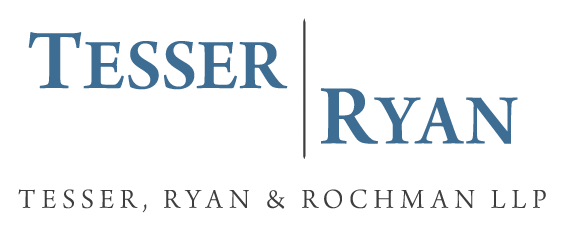Getting a Loan for an LLC: Pledging a Membership Interest
Today, businesses are increasingly choosing to be organized as limited liability companies (LLCs). Consequently, business lenders often require, before granting a loan, that the business owner pledge his ownership (or membership interest) in the LLC as collateral for the loan. To effectuate this, a lender and business owner enter into a Pledge Agreement (PA): the business owner (or pledgor) conveys possessory and other rights in the membership interest to the lender (or secured party) as security for the repayment of the loan. The PA is an important instrument; it is imperative, for both the lender and the business owner, that it contain certain provisions and protections. The following are some of the most significant:
1. Defining Your Pledged Collateral
In every PA, there is a provision defining the pledged collateral. In the case where a membership interest is the collateral, this provision must be carefully drafted. From the lender’s perspective, it is crucial that the collateral be defined expansively to include all the incidents of the owner’s membership interest. For example, if the membership interests are represented by certificates, the definition of the collateral should encompass those certificates (in addition, the PA should require the delivery of those certificates to the lender).
In addition, the lender and owner must decide whether the collateral includes any membership interests in the LLC acquired by the owner after the PA is executed. If not, the LLC may dilute the value of the pledged membership interests via additional issuances, much to the chagrin of the lender.
Another important matter is whether the collateral extends to the proceeds of the membership interests—that is, the dividends, profits, income and other distributions that are paid in respect of such membership interests.
2. Voting Rights
It is important for the PA to set forth the voting rights of the parties—that is, the rights of the borrower and lender to vote on or consent or approve LLC actions. Without a voting rights provision, the default arrangement is that the borrower has the absolute, unfettered right to vote as he pleases. Accordingly, he may exercise his right to the disadvantage of the lender. For example, he may authorize the issuance of additional membership interests, or vote in favor a corporate action that is harmful to the LLC, and thereby decrease the value of the pledged collateral.
A lender may protect himself by negotiating certain voting rights. For example, it is customary to include a provision requiring the borrower to obtain the lender’s prior consent to the exercise of his voting rights (or other management action) where such action would have a material adverse effect on the value of the pledged collateral. It is also common to include a provision terminating the borrower’s voting rights and vesting such rights in the lender upon the occurrence of default under the loan.
3. Perfection
To enforce his security interest against third parties (such as other secured and unsecured creditors), the lender is required to “perfect” his security interest—that is, to take an additional step to put third parties on notice of the security interest. The proper method of perfecting a security interest in a membership interest depends upon nature of the security interest: specifically, whether it is “certificated” or “uncertificated,” and whether it qualifies as a “general intangible” or a “security” under the Uniform Commercial Code (UCC), the statute governing security interests.
If the membership interest is certificated—that is, the LLC has issued membership certificates representing the membership interests—the lender must perfect his interest by taking physical possession of the membership certificates.
If the membership interest is uncertificated, the lender must then determine whether it qualifies as a “general intangible” or “security.” In most cases, a membership interest is considered a general intangible, which the lender may perfect by filing a UCC-1 financing statement with the Secretary of State in the state where the borrower is located. In rare cases, the certificate of incorporation or the operating agreement of the LLC will state that the membership interest is a “security” for the purposes of the UCC. To perfect a security interest in the membership interest, the borrower must take control of the membership interests by entering into a control agreement with the LLC.
Whatever the nature of the membership interest, the PA must be properly drafted to ensure that the lender’s security interest may become and remain perfected.
If you are a borrower or lender, and are seeking the assistance of experienced business attorneys, please contact Tesser, Ryan & Rochman, LLP at (212) 754-9000.
